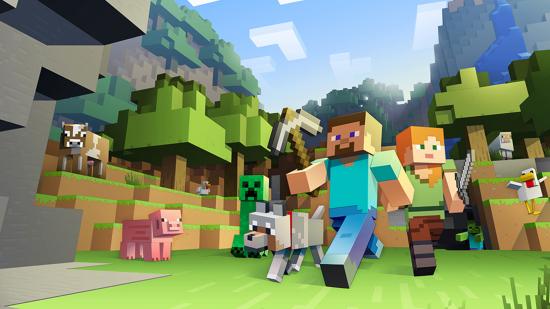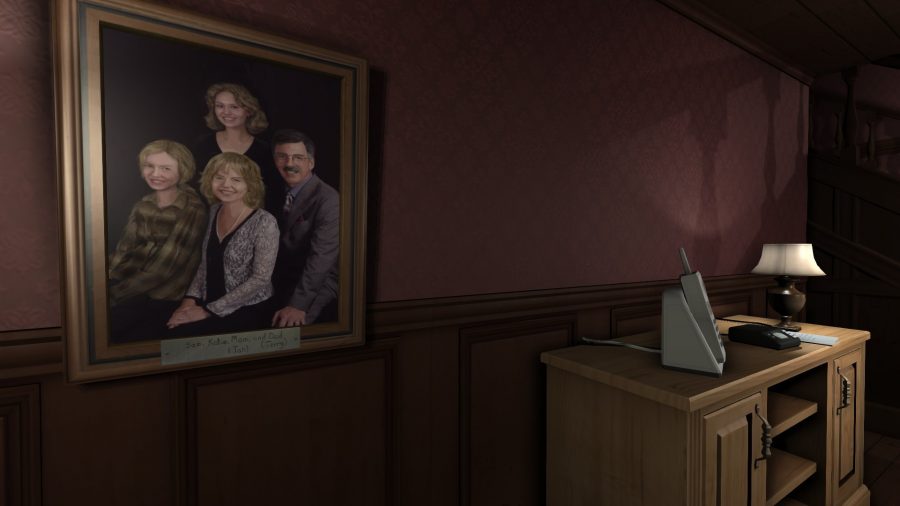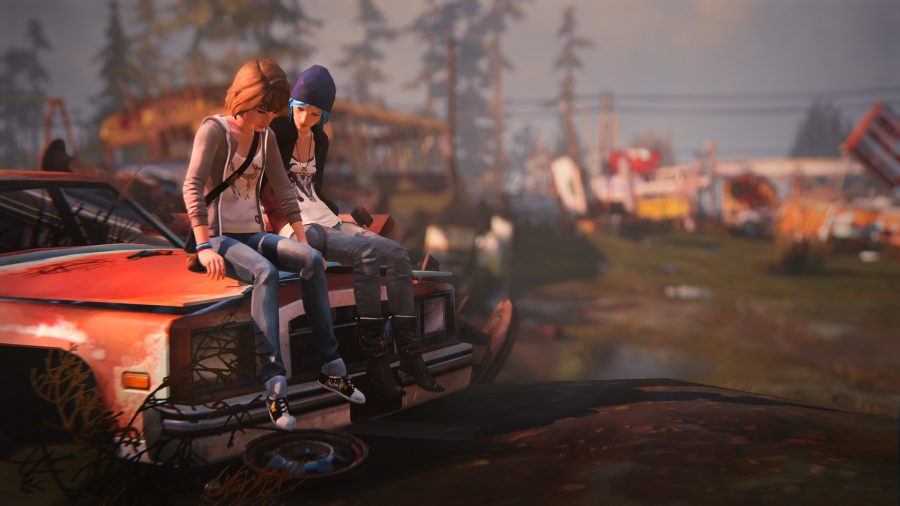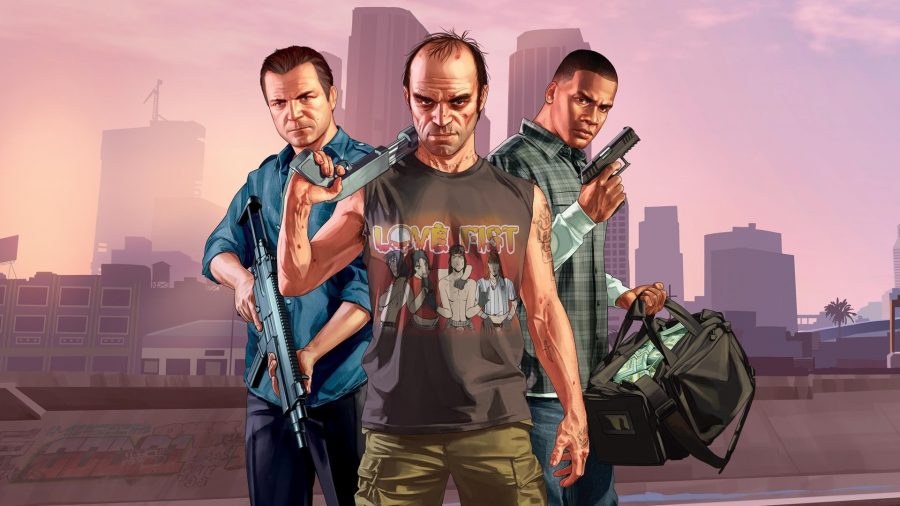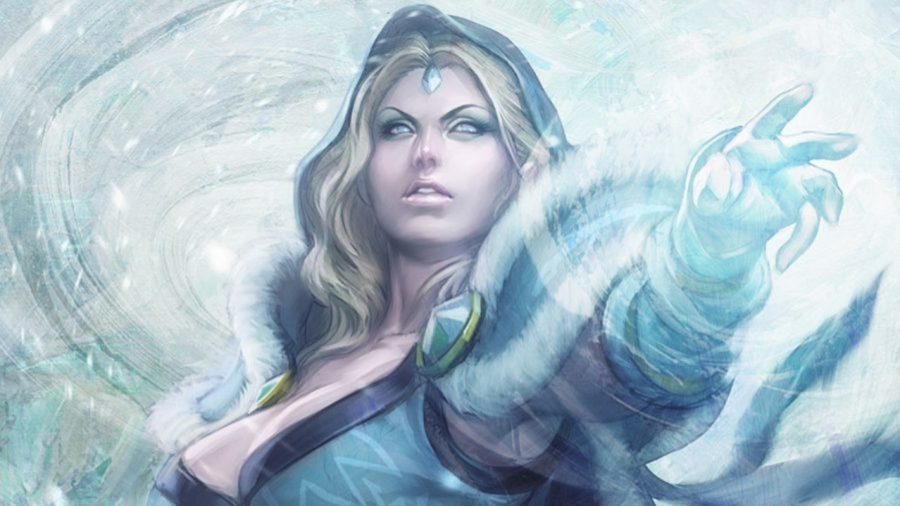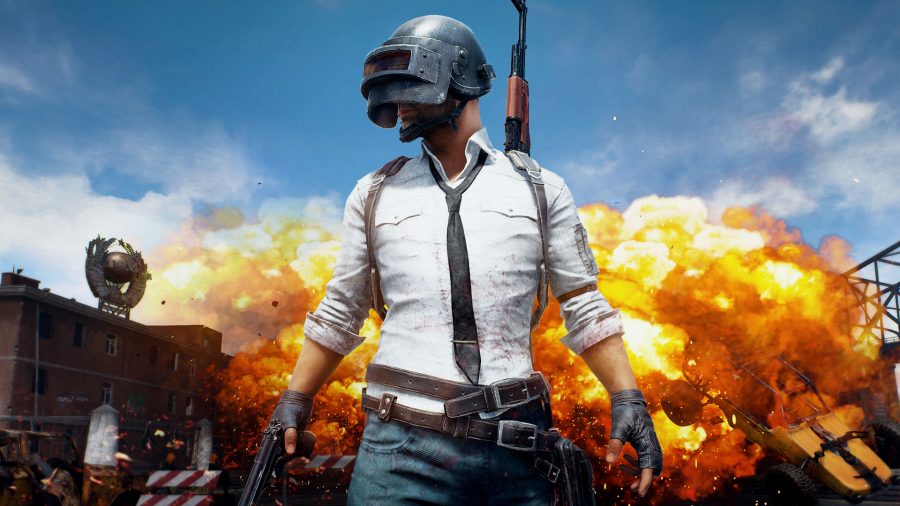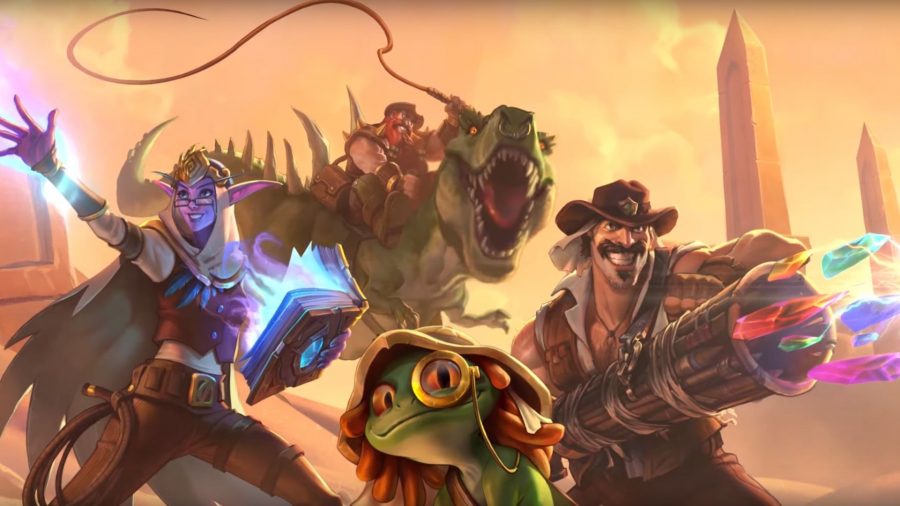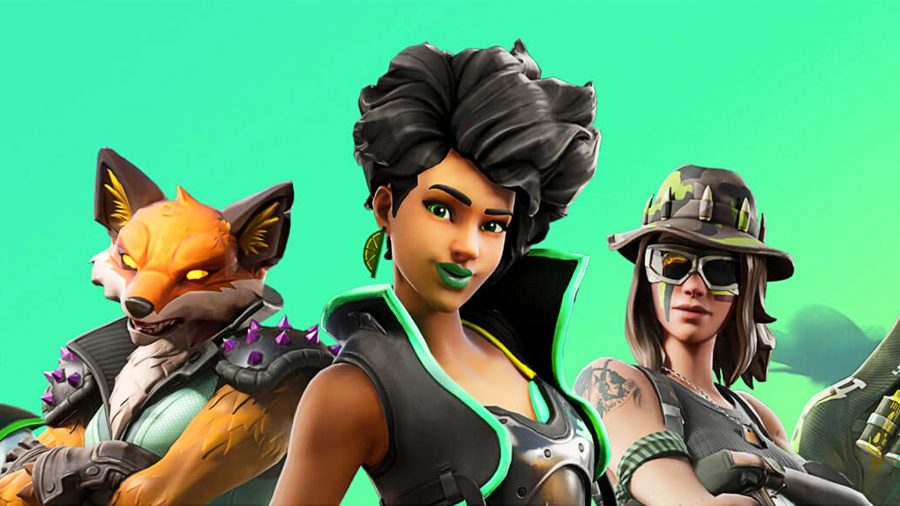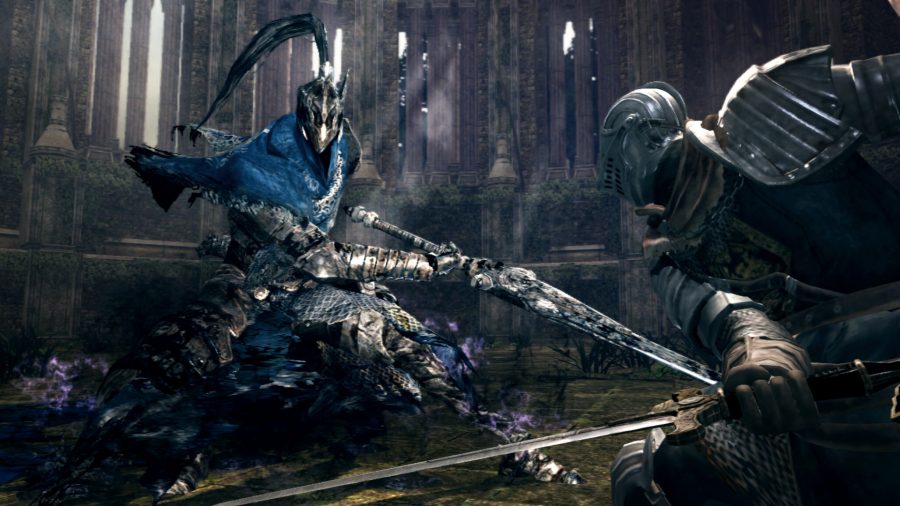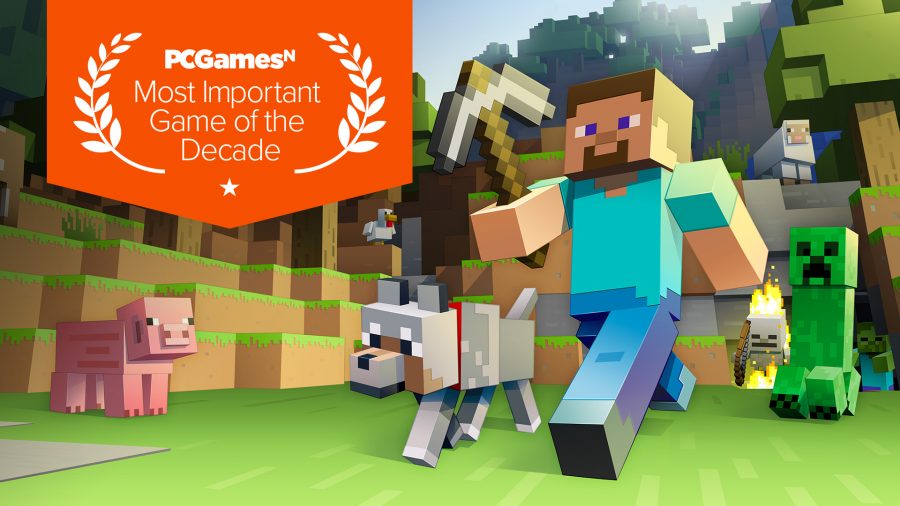We’re in the last days of the 2010s. A decade is closing, and by all accounts a new console generation will be upon us by the end of next year. It feels very much like a time to reflect on the most recent epoch in gaming, and thus we present our list of the ten most important PC games of the past decade.
‘Most important’ does not mean ‘favourite’ or even necessarily ‘best’. Many of the games on this list have since been surpassed in sheer quality – in crowning Red Dead Redemption 2 our Game of the Year 2019, for instance, we argue it is Rockstar’s best game to date, exceeding GTA V’s story and its open world. But it’s not as important as GTA, which not only set a new standard for open worlds and online multiplayer sandboxes, but is officially the most profitable game of all time and is still selling like hot cakes.
Importance is influence. These are the games that others imitated, whether successfully or not. They are the games that set trends in the games industry that are still being followed today, and will continue to be followed for at least a few years into the coming generation. If you know nothing else about the ebbs and flows of game design and business, you need to know about the below.
As in our Games of the Year list, we asked all our staff to rank the five most PC important games of the decade, awarding points to each in descending order. Then we added it all up and ranked the final list. Here, in reverse order, are PCGamesN’s most important games of the decade:
Gone Home
One of Gone Home’s less recognised achievements is making a bathtub induce panic. The game itself is about a sister and daughter who comes home from a trip abroad to find her family missing from their home. Crumbled letters, scribbled upon post-it notes, and other household items come together to reveal that life for them has been difficult lately. Your sister’s struggles at her new school ease when she meets another girl, but your parents can’t look past their prejudices to accept her. When you stumble into a dark bathroom to find the tub stained red, you fear the worst before learning it’s merely red hair dye.
There are no cutscenes or convenient plot devices, though – Gone Home is seamless, leaving you to explore a creaky, creepy house, immaculately detailed with artefacts from the game’s 1995 setting, and figure out what happened. It’s wonderfully simple, and though preceded by the likes of Dear Esther, Gone Home was the so-called ‘walking simulator’ that really cut through and popularised a new genre – one that now fully owns its initially pejorative moniker with some true classics of interactive storytelling.
Life is Strange
It’s difficult to name an episodic game that holds more emotional resonance than Life is Strange – which isn’t to say that Telltale Games, and more specifically The Walking Dead’s first season, didn’t cause us to shed some tears. But Life is Strange’s note-perfect depiction of adolescent relationships and the emotional turbulence of simply being a teenager that strikes a chord like no other game in its genre. We all find something we recognise in the folds of the two female leads, Max and Chloe.
Life is Strange set a new template for female protagonists. They don’t have to be tough like Lara Croft, or brave like Ellie from The Last of Us. They can be unsure of themselves, of others, and of the world, and Life is Strange handles that combustion of teenage drama through supernatural gameplay elements and harrowing moments that feel dangerously familiar.
Grand Theft Auto V (and Online)
Rockstar has a knack for crafting astonishingly detailed open worlds that capture a moment in time while offering lots to do. GTA V is no exception to that, but what has truly brought Los Santos to life is the community of GTA Online. There’s no one set thing you should be doing, but lots you can. Corralling your friends into doing a heist is great, but you can also busy yourself with golf, street racing, or storming the army base. Better still, GTA Online’s citizens have found ways to make Los Santos entirely their own.
Some come together to pull off stunts for compilation videos, while others roleplay in a modded server that lets them better simulate life, from being a cop on the beat to being a journalist looking for a big scoop. GTA Online is a bit of a blank canvas in that regard, but its players have run with it wonderfully.
Rockstar’s ongoing support and its conveyor belt of desirable cars, homes, and other possessions – a mirror, inadvertent or otherwise, for capitalist excess that entirely fits the game’s bitter satire – is also the reason it’s most profitable game ever made, and continues to dominate sales charts even six years after its initial release (helped along by its PC and next-gen re-release, of course).
DOTA 2
You can’t master Dota 2. Spend as many hours as you like practising, studying builds, watching replays – the more you know, the more you realise there is to learn, even for those who have been playing since 2013. At the pinnacle of skill, the dedication and strategic genius of Dota 2 pros earn them the biggest prize pool in esports, filling stadiums across the world and proving again every year that competitive gaming deserves to be recognised and celebrated.
For the rest of us, the joy is in the journey; the pursuit of knowledge, self-improvement, and teamwork. The klaxon goes off, the blank slate is laid, it’s anybody’s game. Until you walk into a Techies mine and die. GG.
PlayerUNKNOWN’S Battlegrounds
PUBG hasn’t achieved global domination quite like Fortnite has, but its impact on the PC gaming landscape is impossible to ignore. Before PUBG came along, Steam’s most played games were all made by Valve. And then, in the blink of an eye, the biggest game on the biggest PC platform wasn’t inextricably tied to Gaben.
Before PUBG, the only series to attempt such an audacious player count were military shooters like Battlefield and ARMA, and only a couple of Steam Early Access games had tried to create a Battle Royale-inspired multiplayer mode on a relatively tiny scale. While PUBG didn’t create the genre, it undoubtedly popularised it, and despite the best efforts of Call of Duty and Battlefield, PUBG is still the most popular ‘realistic’ battle royale around.
HEARTHSTONE
It’s hard to imagine the CCG genre without Hearthstone at its helm. Collectable card games have been bubbling up throughout the decade, from Magic: The Gathering Arena to recent contenders Artefact and Legends of Runeterra, and Hearthstone is the reason.
Blizzard released Hearthstone in 2014 and it quickly redefined what ‘cards’ were capable of. A quiet game of Snap, Whist, or Top Trumps doesn’t compare to a night in Hearthstone’s tavern, the gentle lulling chatter of tavern patrons in the background rising to a clamour as a devastating blow is dealt. The cards giggling, growling, and goading as you place them, taunting your opponent or saving your bacon. And legendary cards? Animated alterations transforming the board’s landscape in seconds. A losing board, reborn victorious.
For the first time, a card game could achieve that. Hearthstone could capture magic. Communities and competitions have been borne out of this wizardry, forums with dedicated followers creating their own cards, sharing new decks, and working with the developers to re-balance cards.
Alas no game is perfect, and Hearthstone has its issues – 2019 in particular has exposed them, and the bright star of CCGs is finally showing signs of fading away. But its legacy in gaming is secure, and the most sensational story around Hearthstone this year only further exemplifies the power – socially, culturally, and now politically – a simple game of cards can have.
THE ELDER SCROLLS V: SKYRIM
The Elder Scrolls V: Skyrim burst onto PC early this decade and set a new standard for open-world RPGs. Though it has been surpassed in some ways, its influence is undeniable, and it’s still relevant and widely played eight years later, as its constant re-releases (and the fact they make money, according to Todd Howard) show.
Boasting a world of unprecedented breadth and depth, as well as intuitive RPG mechanics and gameplay, Skyrim delivers a real sense of adventure and atmosphere, combining fantasy elements, exploration, and hundreds of stories to create a gripping, multifaceted experience and (arguably) unrivalled replay value. Practically every open-world game and most RPGs since, notably including The Witcher III, owe it a pretty large debt.
Of course, for us on PC, that replay value probably is unrivalled thanks to Skyrim’s astonishing modding scene. With so many Skyrim mods to try and more arriving every day even now, its legacy doesn’t show any sign of slowing down. Skyrim is an undeniable milestone in PC games of the last ten years – whether dungeon crawling, dragon slaying, or NPC bothering is your thing, it delivers. Bethesda’s behemoth of a game stands the test of time here at the end of the decade, and looking ahead to the next, one thing’s certain – The Elder Scrolls 6 has some big shoes to fill.
Fortnite
How do you describe the game that took over the world? Yes, Fortnite‘s initial PvE form, Save the World, was something of a failure, and yes it nicked what made it famous from PlayerUnknown’s Battlegrounds, but it’s Epic’s battle royale that’s gone on to be a genuine cultural phenomenon.
Few games have ever attempted – let alone achieved – such a regular cadence when releasing such substantial updates, but Epic’s success in this has meant fans need to play Fortnite at least once a week – and often a lot more. Epic’s community engagement is astonishingly good, and how many other games can say they have brands like Marvel, Star Wars, and John Wick coming to them for exclusive collaborations? Fortnite even broke Twitch viewership records with a blank screen!
While the battle royale format was undoubtedly a huge reason for Fortnite’s success, its free-to-play model and Epic’s frequent updates are what has catapulted the game into the history books and to the top of every chart imaginable. And it’ll probably stay there until Fortnite 2 comes out.
DARK SOULS
We remember reading a textbook that suggested the cardinal goal of game design was to achieve a state of ‘flow’ in the player. To that end, a game’s difficulty must be balanced – too hard, argued the textbook, and the player would switch off. The book was written before Dark Souls.
FromSoftware’s masterpiece is still rippling across the industry eight years after its release. Everyone from indie to triple-A has picked ingredients from its formula: its precise dodge-and-block melee combat, its groundbreaking mechanics such as bloodstains or multiplayer invasions, its checkpoint system. We even have a word for those who take the formula wholesale and thereby contribute to a burgeoning subgenre of ARPG – the Soulslike.
Beyond this, though, Dark Souls’ legacy is to prove emphatically that challenge is a valid concept to explore in gaming – perhaps even the essential concept, since our medium’s defining feature is its interactivity, and if interaction is to be meaningful, negative feedback must be possible. Games should be as accessible as they can be, but if they can’t also be really, really hard, we’re limiting this essential dimension. In 2011, we needed this reminder.
And as for switching off? What a laughable idea. There is no other game so comprehensively enthralling as Dark Souls. Whoever wrote that textbook is an idiot.
MINECRAFT
Even today, more than a decade after a prototype Java version of the game excitedly raised its bug-ridden head above the TIGForum parapet; just under eight years since it emerged from beta; and some distance clear of a rather good Netflix series, an ocean of merchandise, a slew of tie-in novels, and a world-beating 176 million game sales, it’s still possible to underestimate Minecraft’s impact.
It’s easy, for instance, to get swept up in the pomp of big-money Fortnite tie-ins that see billion-dollar brands such as Stranger Things, The Avengers, and even Star Wars jostling for a slice of Epic’s playerbase. But all three of those properties, alongside many others, have already found their way into Minecraft. It’s just that Mojang deployed them in the unshowy, inimitably homespun manner that’s come to characterise its game.
Meanwhile, a generation of streamers and video creators have built entire careers out of playing Minecraft online, while Mojang itself seeks to help the next generation of thinkers climb up a rung or ten with Minecraft’s Education Edition. Within the standard game, players have built entire cities, created working computers complete with RAM, engineered their own minigames and genres (you can thank the Survival Games mod for battle royale games), and even scorched the earth with a fully functioning bomber.
Its scope for creativity is endless, and it transformed our idea of what a game – let alone a successful one – can be. That Microsoft’s $2.5 billion purchase of Mojang back in 2014 now seems like something of a bargain is remarkable, and Minecraft has more capacity to endure indefinitely than any other game. But perhaps Minecraft’s greatest legacy is that, while it may be difficult to fully understand the scope of its impact, the game – shorn of tutorials, rubberbanding, or limitations – never underestimates you, the player.
